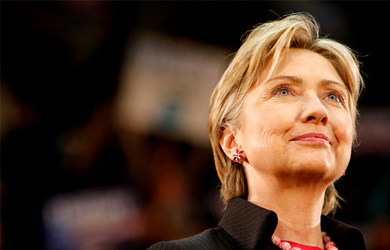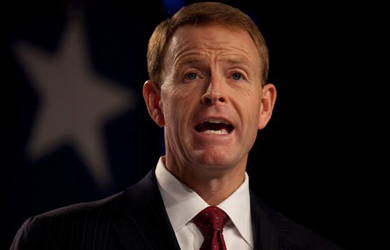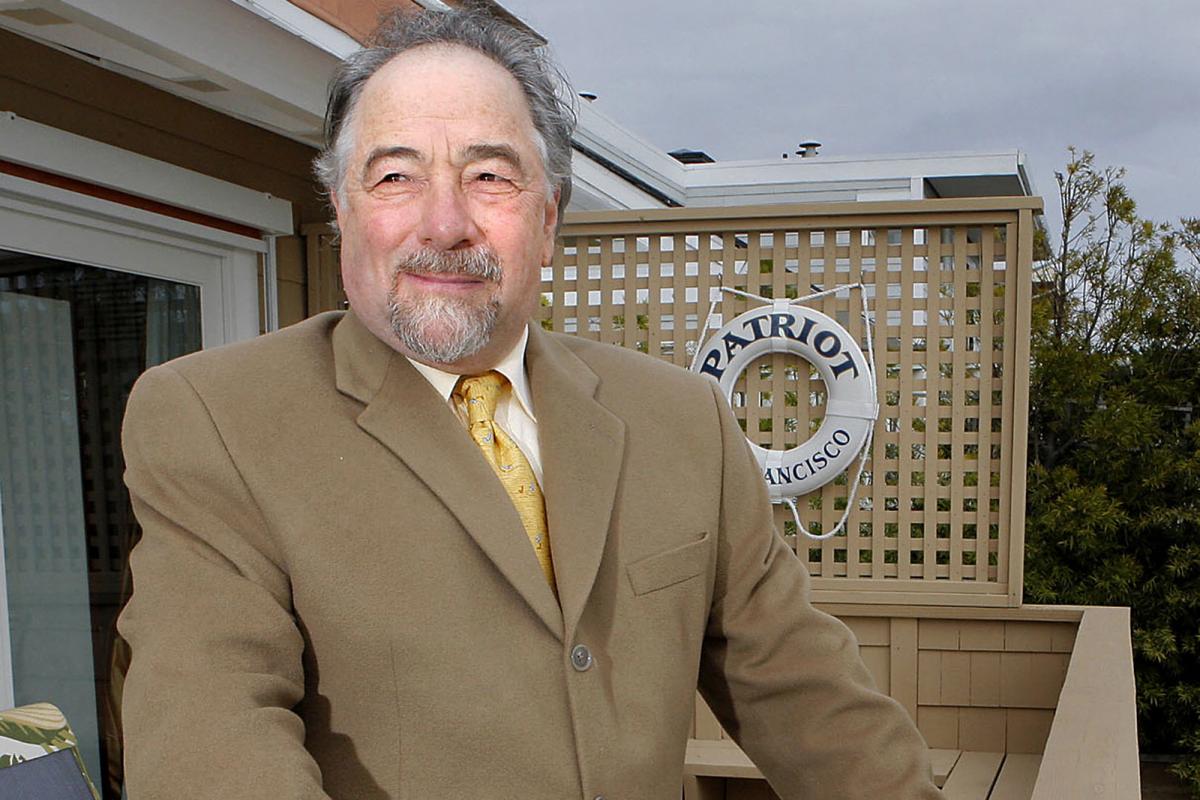Radio talker Michael Medved complains about some imaginary “double standards” he saw following remarks by Democratic presidential candidates Hillary Clinton and Barack Obama at a Compassion Summit earlier this month:
From most commentators, Hillary received high marks for her thoughtful, surprisingly intimate answers to such questions. … Nevertheless, the generally positive reaction to her comments raises obvious questions about faith, Democrats and double standards.
Imagine that George W. Bush told a public forum that he had “felt the enveloping support and love of God” since childhood, and that on “many, many occasions” he “felt like the Holy Spirit was there with me.”
It’s not hard to imagine the derisive tabloid headlines: “Bush: God Is With Me” or “Prez Sees Spirits” or “W. Talks About His Imaginary Friend.” Howard Dean might comment: “It sounds like Bush is once again saying that he talks to God, so we better watch out. The last time that happened, he took us to a war based on false intelligence.” …
Why is it less controversial when liberals talk about their religious outlook than it is for conservatives to speak about our faith?
Controversial? In fact, it’s difficult to name any recent candidate for any major office who didn’t talk about his or her faith. And now that he mentions it, we might point out that it’s been the liberal candidates (along with poor Mitt Romney) who have had their faith questioned by the Right. When the right-wing media hasn’t been whispering that Obama is a secret Muslim, they’ve been speculating about the particulars of his pastor’s theology. One activist conducted his own investigation and declared Obama’s Christianity “woefully deficient.”
Likewise, Clinton’s faith is considered fair game for attacks from the Right. For evidence, look no further than four paragraphs later in the very same article by Michael Medved, when he cavalierly asserts that “no one objects to Hillary’s God-talk because, in essence, nobody fully believes it. Her frequent encounters with the Holy Spirit sound no more formidable than Dennis Kucinich’s sighting of a UFO (in the company of Shirley McLaine – now that’s a problem).”
As for Hillary, she can’t point to a single issue in which her supposedly “deep commitment to my Methodist faith” actually shaped her thinking, beyond a very bland and generalized concern for the poor as “the least among us.” She doesn’t scare non-believers because all the religious overtones in her speeches and interviews can’t erase the overwhelming impression they receive that “she’s one of us” – and her positions on abortion, homosexuality, stem cells, and most church-state issues further reassure them that she’s still on their side on the culture war.
According to Medved, “no one in the country” takes Clinton’s “well-advertised interaction with the Holy Spirit” as genuine.
While Clinton’s membership in a Capitol Hill prayer group is common knowledge, her fellow members in the group—such as Rick Santorum and Jim Inhofe—are taken at face value when they talk about how their faith influences their politics. Clinton, as Medved demonstrates, is not—apparently because the Right doesn’t like her political positions. What’s the term for that? Oh yeah—“double standard.”







